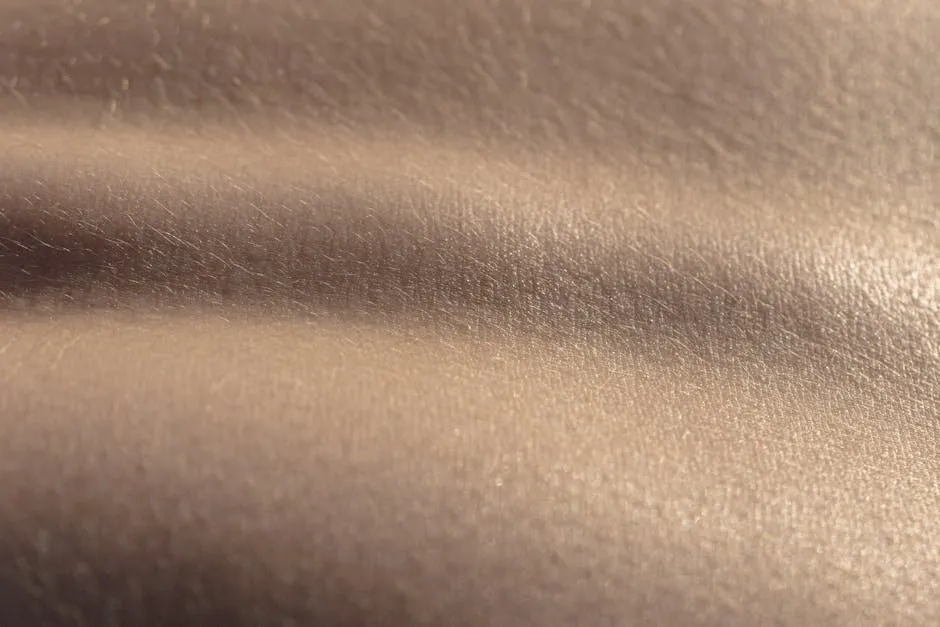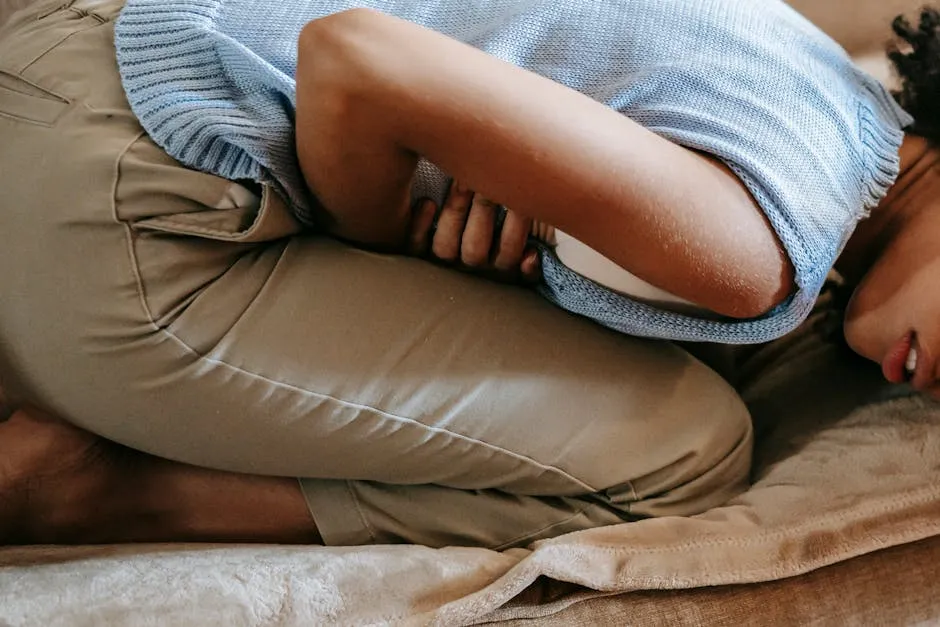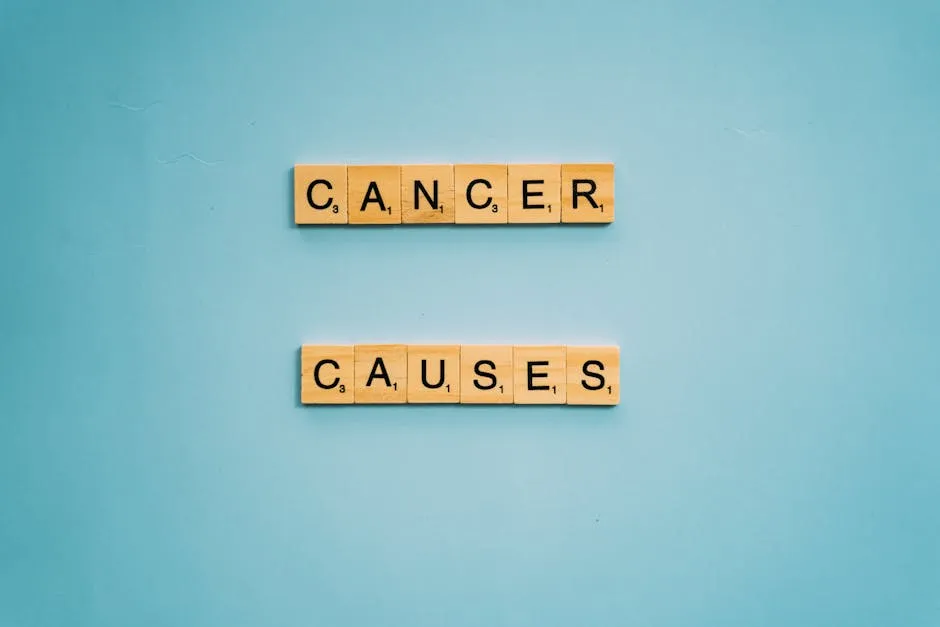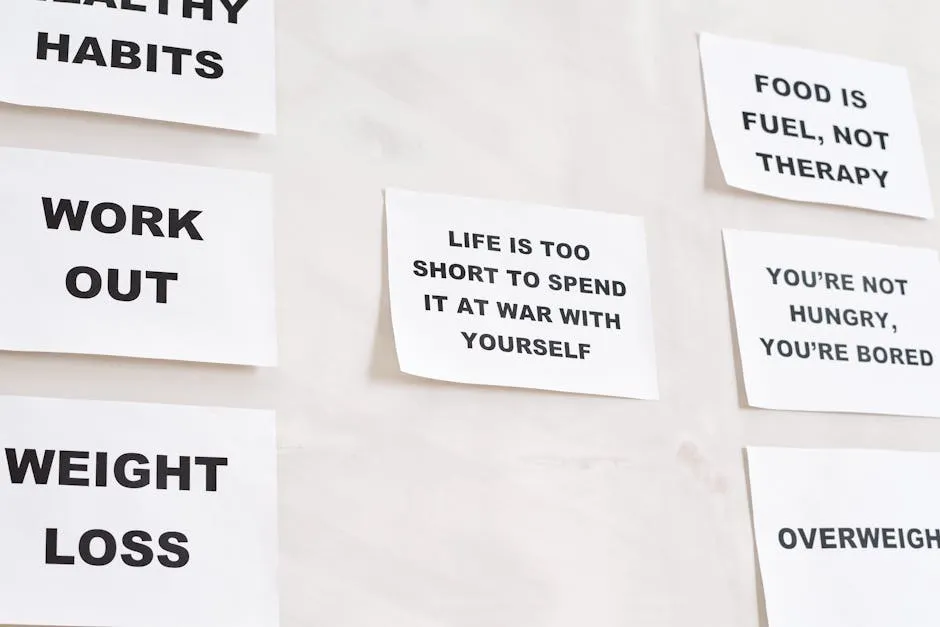Why Do Hemorrhoids Itch? Understanding Causes and Treatment Options
Introduction
Hemorrhoids, commonly known as piles, are a frequent issue for many. They can lead to various uncomfortable symptoms, with itching being one of the most common. This irritation can be bothersome and even embarrassing. It’s crucial to understand why hemorrhoids itch and the available treatment options to find relief.
If you’re feeling the burn (and not in a good way), consider trying a Hemorrhoid Treatment Cream. This cream can soothe inflammation and provide relief from those pesky symptoms.
Summary and Overview
Hemorrhoids are swollen blood vessels located in the lower rectum and anus. They can be classified into two types: internal and external. Internal hemorrhoids are found inside the rectum, while external hemorrhoids develop under the skin around the anus. Many individuals experience itching as a symptom, which can significantly affect their quality of life. Addressing the root causes of this itching is essential for effective management. This article will cover the anatomy of hemorrhoids, their causes, and various treatment options.
To help with those symptoms, consider keeping a pack of Moist Wipes (Unscented) handy. They can help you maintain hygiene without the irritation that rough toilet paper can cause.

What Are Hemorrhoids?
Hemorrhoids are normal vascular structures that everyone has. They function as cushions to help control bowel movements. However, these veins can become swollen or inflamed due to increased pressure. This can lead to discomfort and various symptoms such as itching, pain, and bleeding.
There are two main types of hemorrhoids:
- Internal Hemorrhoids: These occur inside the rectum and often go unnoticed. They can bleed but typically don’t cause pain unless they prolapse.
- External Hemorrhoids: These are located underneath the skin around the anus. They can be painful and visible, forming hard lumps that cause significant discomfort.
Statistics indicate that approximately 1 in 20 adults experience hemorrhoids at some point in their lives, with many facing symptoms like itching and discomfort. If you notice signs of hemorrhoids, such as bleeding or persistent itching, it’s wise to consult a healthcare professional for proper diagnosis and treatment.

Why Do Hemorrhoids Itch?
Itching from hemorrhoids, also known as pruritus ani, can be frustrating. Understanding the causes can help with management. Several physiological and environmental factors contribute to this common symptom.
First, inflammation plays a significant role. Swollen hemorrhoids can irritate surrounding skin, leading to discomfort and itching. As blood vessels become engorged, the pressure can activate nerve endings, heightening the sensation of itchiness.
For some extra relief, try an Hydrocortisone Ointment. This topical treatment can help reduce inflammation and soothe the irritated skin.
Friction is another culprit. Tight clothing or aggressive wiping can exacerbate irritation. For instance, using rough toilet paper may cause micro-abrasions, increasing the likelihood of itching. This friction can create an uncomfortable cycle, prompting more scratching and further irritation.
Mucus secretion adds another layer. Hemorrhoids can produce mucus, which may mix with stool. This mixture can irritate sensitive skin around the anus, resulting in an itchy sensation. Excess moisture from sweat or humidity can also worsen the situation by creating a breeding ground for bacteria.
In some cases, infections or allergies can be the source of anal itching. Bacterial or fungal infections may develop in the irritated area, leading to additional symptoms. Allergic reactions to soaps, wipes, or laundry detergents can also cause discomfort.
Studies show that approximately 50-70% of individuals with hemorrhoids experience itching as a symptom. Keeping track of your symptoms can provide valuable information for healthcare providers, aiding in a more accurate diagnosis. If you’re struggling with itching, don’t hesitate to consult a professional for personalized advice and treatment options.

If you’re experiencing symptoms of itching, it may be helpful to understand the potential causes and treatments. why is my eye twitching
Tips to Manage and Prevent Itchy Hemorrhoids
Dealing with itchy hemorrhoids can be frustrating, but there are effective ways to manage and prevent the discomfort. Here are some practical tips to consider.
1. Maintain Proper Hygiene
Good hygiene is crucial for preventing irritation. Gently clean the anal area after each bowel movement. Use mild, unscented soap and warm water to avoid further irritation. Avoid using rough toilet paper or wipes with fragrances, as these can exacerbate itching. After cleaning, pat the area dry with a soft towel.
2. Focus on Your Diet
What you eat matters! Incorporating high-fiber foods into your diet can soften stools and reduce straining during bowel movements. Foods like fruits, vegetables, and whole grains are excellent choices. Staying hydrated is equally important; aim for at least eight glasses of water a day to maintain soft stools. You may also want to consider adding a Fiber Supplement to your routine for an extra boost!

3. Make Lifestyle Modifications
Regular exercise can help prevent constipation and reduce pressure on the rectal area. Activities like walking or swimming can boost your overall health. Additionally, avoid sitting for long periods, especially on the toilet. If your job requires prolonged sitting, take short breaks to stand or walk around.
4. Use Recommended Products
Topical treatments can offer quick relief. Over-the-counter creams and ointments containing hydrocortisone or lidocaine can soothe itching and inflammation. Applying a cold compress to the affected area can also help numb the discomfort. Try a Cold Compress Pack for instant cooling relief!

5. Be Mindful of Clothing
Wearing loose, breathable clothing can reduce friction and irritation. Opt for Soft Cotton Underwear to keep the area dry and comfortable. Avoid tight-fitting clothes that can trap moisture and create an environment for irritation.
Implementing these tips can significantly alleviate discomfort and reduce the likelihood of hemorrhoids recurring. Don’t let itchiness control your life; make these lifestyle changes for lasting relief. If itching persists, consider seeking advice from a healthcare professional for further evaluation and treatment options.

When to Seek Medical Care
If you’re experiencing hemorrhoids, some symptoms require immediate medical attention. Severe or persistent itching that disrupts your daily life is one such sign. If you notice any bleeding—especially bright red blood during bowel movements—this could indicate a more serious issue. Pain that doesn’t improve with over-the-counter treatments or home remedies is another signal to consult a healthcare professional.
Additionally, if your symptoms don’t show improvement after a week of home care, it’s time to seek a professional evaluation. Early intervention can help prevent complications that may arise from untreated hemorrhoids. This is particularly important for individuals with chronic conditions or those experiencing recurrent episodes of itching or discomfort.
Remember, it’s always better to err on the side of caution. If your symptoms escalate, don’t hesitate to reach out for medical advice. A healthcare provider can provide personalized treatment options tailored to your needs, ensuring you find relief as soon as possible.

Conclusion
Understanding why hemorrhoids cause itching is vital for effective management. By recognizing symptoms and their triggers, you can take proactive steps towards relief. Various strategies are available, from home remedies to professional treatments, to address this uncomfortable issue.
Proactive care is essential. Consulting with healthcare professionals can lead to effective treatment and help you avoid complications down the line. Don’t wait for symptoms to worsen; take action today to improve your quality of life. Remember, prevention and management are key to living comfortably with hemorrhoids. If you experience persistent bleeding, it is advisable to understand the potential causes and seek help, such as exploring why am I bleeding during sex.

FAQs
What are the common symptoms of hemorrhoids?
Hemorrhoids can cause various uncomfortable symptoms. The most common include itching, pain, and bleeding. Itching often occurs due to irritation around the anal area. This irritation may stem from inflammation, friction, or moisture. Bleeding typically happens during bowel movements, presenting as bright red blood on toilet paper or stool. Pain can vary based on whether the hemorrhoids are internal or external. If you notice any of these symptoms, seeking medical advice is important.
Can hemorrhoids cause other complications?
Yes, untreated hemorrhoids can lead to complications. Chronic hemorrhoids may cause anemia from ongoing bleeding. Additionally, they can become thrombosed, leading to severe pain and swelling. Infections may also develop in the area, especially if there is excessive scratching. Long-term complications can affect quality of life, making it crucial to address symptoms early. Always consult a healthcare professional for persistent issues.
How long do hemorrhoids typically last?
The duration of hemorrhoids can vary. In many cases, symptoms resolve within a few days to a week. For some individuals, hemorrhoids may persist longer, especially if lifestyle changes aren’t implemented. Chronic hemorrhoids can last for weeks or become recurrent. If symptoms continue beyond a week, it’s advisable to seek medical attention for proper evaluation and treatment options.
Are there any foods to avoid with hemorrhoids?
Certain foods can exacerbate hemorrhoid symptoms. It’s best to avoid spicy foods, caffeine, and alcohol, as they may lead to bowel irritation. Low-fiber foods can contribute to constipation, increasing strain during bowel movements. Instead, focus on a diet high in fiber, including fruits, vegetables, and whole grains. Staying hydrated is essential, as it helps soften stool and prevent straining.
Is it safe to treat hemorrhoids at home?
Home treatments can be safe and effective for managing hemorrhoids. Over-the-counter creams, warm baths, and lifestyle changes often provide relief. However, if symptoms persist or worsen, seeking professional help is crucial. It’s important to monitor your condition closely. Remember, early intervention can prevent complications and improve your quality of life. If in doubt, consult your healthcare provider for personalized advice.
Please let us know what you think about our content by leaving a comment down below!
Thank you for reading till here 🙂
And for those looking to unwind after all this reading, why not treat yourself to a Relaxation Music CD? It’s the perfect way to chill after tackling those pesky hemorrhoids!
Lastly, if you’re looking for a way to breathe easier at home, consider an Air Purifier to keep your environment fresh and clean!
All images from Pexels




